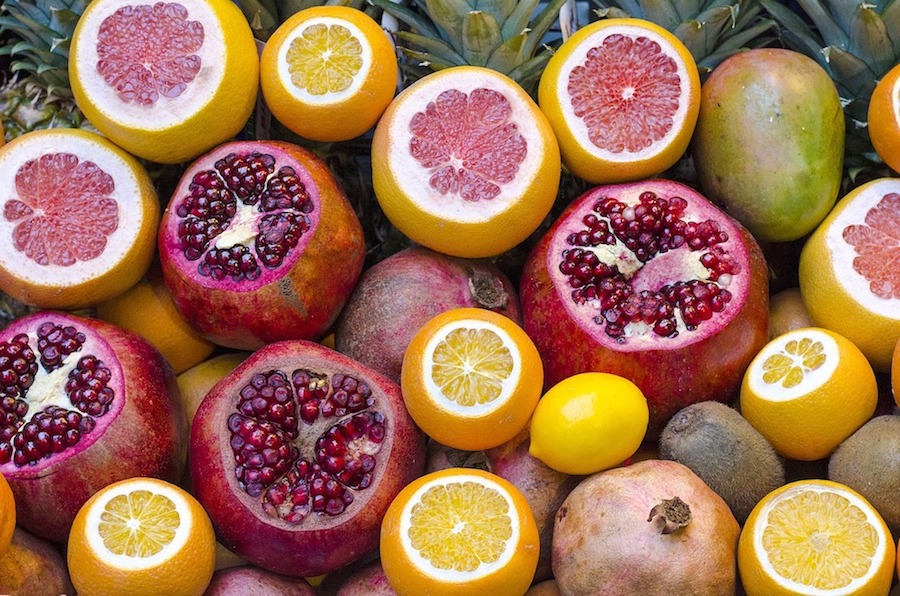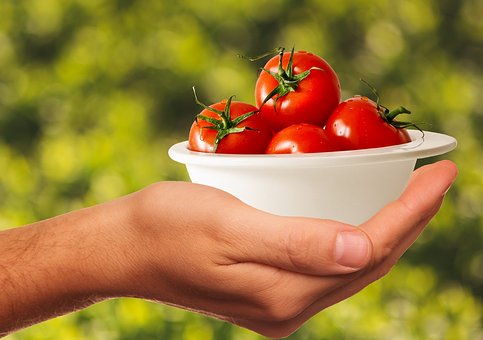Recently I watch a lecture done by UCSF endocrinologist Robert Lustig to the UCSF extension students. He made the point, with proven data, that the cause of the Obesity epidemic over the last 30 years is one single factor: increased amounts of sugar in our diet. You can watch the lecture of Dr. Lustig’s here, and I recommend you take the time to watch it. His lecture has become viral since it was uploaded on YouTube in 2009, it’s been viewed almost five million times.
This documentary opened my eyes even more about the problems that we faced due to the overconsumption of sugar and process food. Dr. Lusting proved that over the last 30 years people all over the world are gaining weight not because they eat too much, but because we are consuming too much sugar in our diets and not eating the right foods. He proved that our food system is broken and the cause of all the epidemic is not laziness or gluttony.








